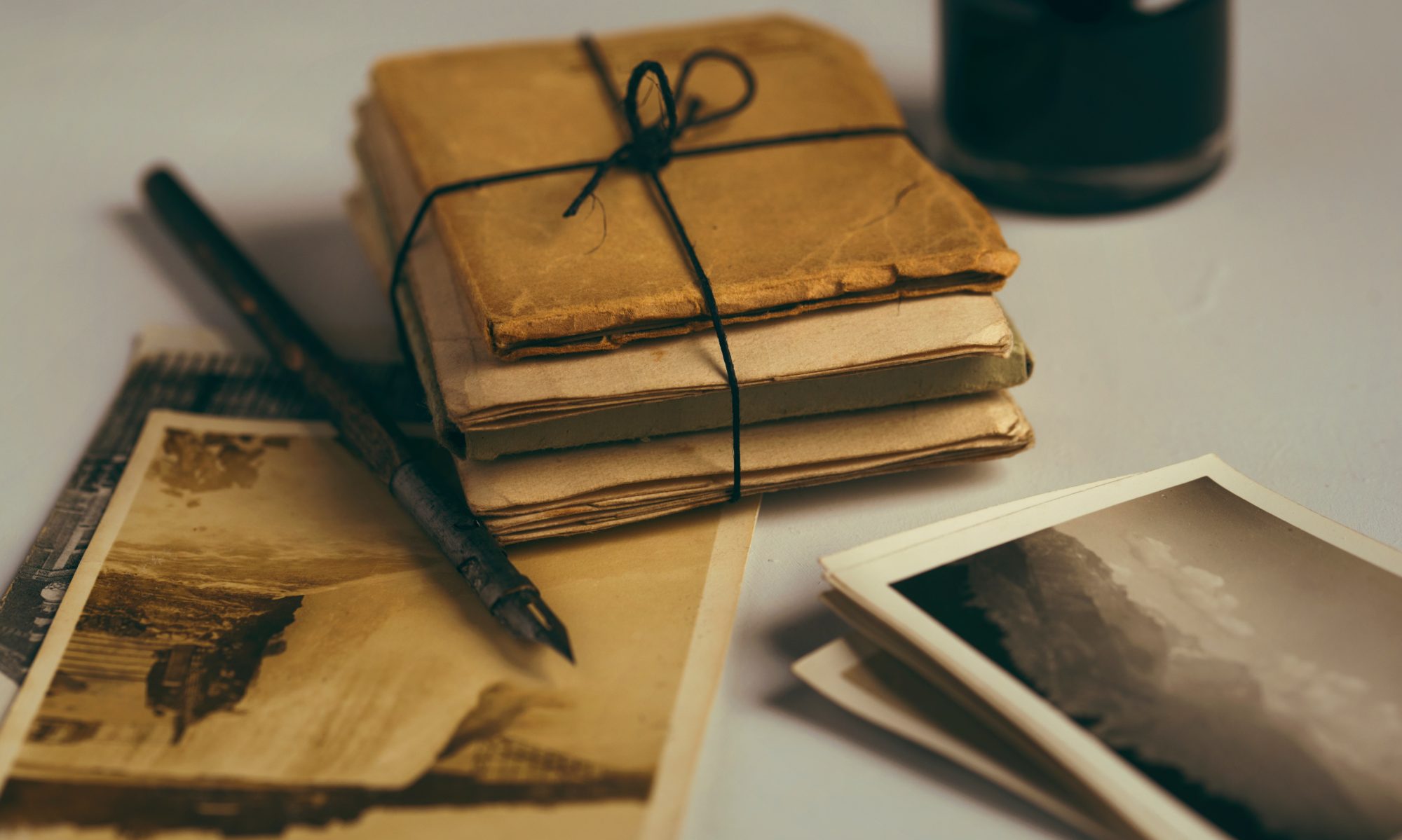Today is the second last day of my genealogy cruise adventure around the Mediterranean. We are currently docked at Le Havre fairly unexpectedly though, as we outran Hurricane Lorenzo to get to safe harbour. As if genealogy wasn’t exciting enough!
Family History at Sea
So what did we learn about over the past two weeks? Well, the topics were many and varied but the themes were based mainly around research in the British Isles. We had some fantastic speakers including Paul Milner, Mia Bennett, Sue Swalwell, Janet Few, Michelle Patient, Rosemary Kopittke, Eric Kopittke and Chris Braund.

England
The English topics really plunged us headfirst into record sets beyond the usual births/baptisms, marriages, deaths/burials and censuses that we all head to as our first ports of call. We gained valuable insight into the history, context and where to find records such as:
- land and property
- probate
- chancery
- quarter sessions
- parish chest and poor law
- occupational, guild and freeman
- landed and titled people
- nonconformists and recusants
- newspapers
- maps and gazetteers
- directories and almanacs
- and some very handy sessions on some overlooked sources from the 17th century right through to the 20th!

Ireland
Ireland had some great sessions covering sources, maps and tools and how to break through brick walls.
Scotland
Sessions included both well known and more obscure sources to be found online as well as a lecture on Burghs, their records, and where to find them. Some gems here!

Other areas
Across the water on the European mainland, German immigration and locating the place of origin of a German ancestor provided useful insights, along with the use of Central European maps and gazetteers and a session on Danish genealogy.
Immigration patterns for Australia and New Zealand and how they can help you work out why people went where they did proved fascinating.
DNA as a genealogical tool was also well-covered, with an introductory session for beginners. For more advanced users there were also sessions on using AncestryDNA, Thrulines and Theories of Family Relativity as well as case studies.
There was a five part Writing Workshop to encourage us all to get our stories (or those of our ancestors) down on paper rather than leave them as a list of names and dates. Hopefully you will see a few books borne of this cruise!

Last but not least, there were research help zones for participants to pose questions about their own research to the speakers. There was also a fantastic research brick wall workshop, where we worked as a group to come up with ideas to help each other with long-standing research problems (including mine!)
Participants ranged from hobbyists through to professional genealogists, but everyone learned something new, including the speakers. Family history is one of those subjects where you will never know everything there is to know. It’s a constant learning curve!
Genealogy cruises are fantastic!
I thoroughly recommend that if you get an opportunity to do so, take genealogy cruises. They are intense, but lots of fun and a great chance to delve deeply into subjects and gain confidence in your research skills.

